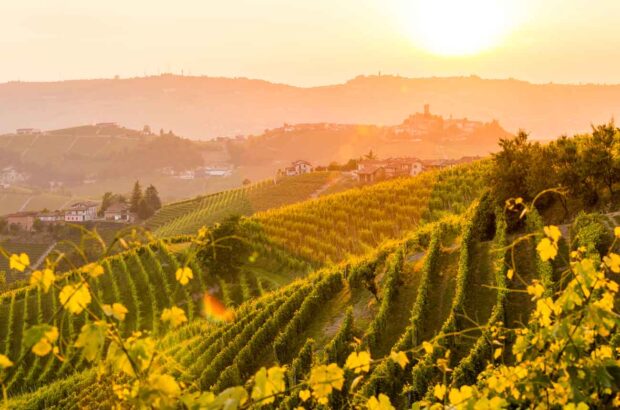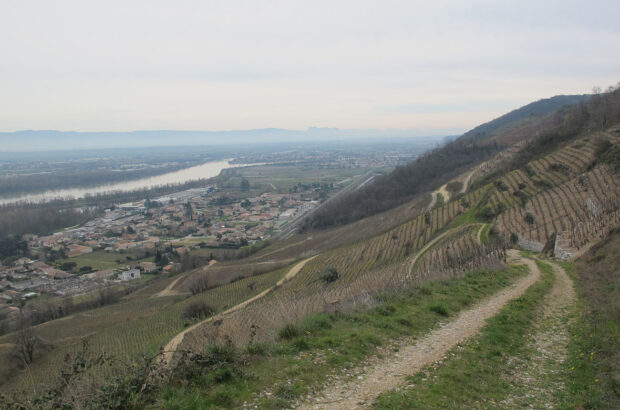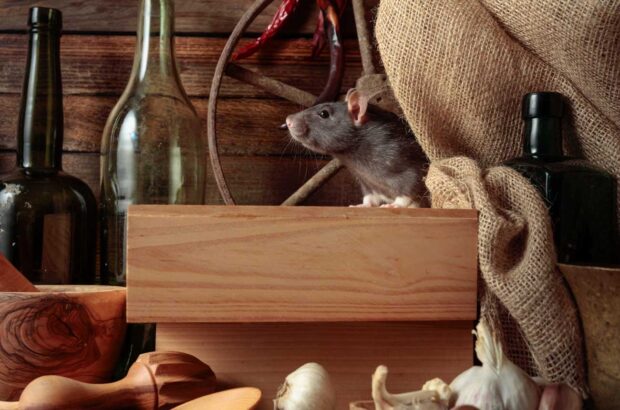Thousands of marauding racoons, descendents of animals released by Hermann Goering, have overrun vineyards in central Germany.
The nocturnal mammals descended on vineyards in the Brandenburg region, west of Berlin, ruining the harvest. Ripening grapes are a favourite snack of the stripy-tailed rodent.
‘Raccoons wiped out almost the entire harvest in a matter of days,’ winemaker Werner Kothe told Deutsche Presse-Agentur. ‘We have 540 vines and they have been stripped bare by these animals.’
The raccoon problem is well known in the area and although some residents take them on as pets, many consider the imported species pests.
Local authorities have now authorised a raccoon cull. Last year, a similar cull killed 3,471. There are an estimated 1m racoons in central Germany.
The animals were introduced by Nazi air force chief Hermann Goering in 1934 to ‘enrich’ Germany’s fauna. With no natural predators their numbers have exploded.
The main winegrowing regions in west Germany – including the Mosel, Rheingau, Saar and Pfalz areas – are believed to be unaffected.
Written by Oliver Styles





